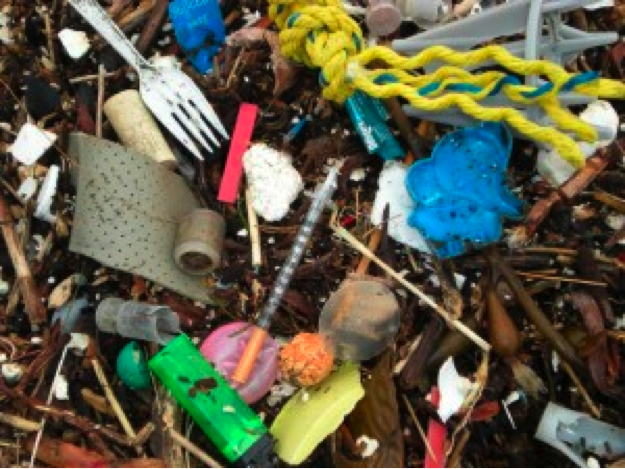When I try to explain to friends and family what sustainability is, I try to avoid the definition of being ‘green’ because everyone automatically assumes I am a hippie and am going to chain myself to a tree. I define sustainability in a broader sense, not just in terms of meeting today’s needs without compromising future generations, but as an encompassing theory, outlook, and way of life that is relevant on an individual, local, national and global scale. For me, sustainability is an approach that is efficient and logical.
“I want to be an instigator of change.”–Wai-Jing Man
I want to be an instigator of change, whether that be something as small as convincing my parents to buy free range eggs, or as tremendous as developing a fully sustainable form of plastic. I want to live this life knowing that regardless of my success or failure, I have contributed energy and time into achieving a sustainable future.
I acknowledge that the majority of society does not welcome change. I used to believe that a horrific global catastrophe would incite change and cause people to re-evaluate their lifestyle. But I have come to realize that climate change, environmental degradation, unethical treatment of animals, poor working conditions and so on, are issues that everyone knows of but don’t consider close to home. The impact of an individual catching public transport every day, buying local and organic produce, composting and using calico bags seems minimal in the broad scheme of things, and I think most people adopt this mentality of ‘I’m only one person, what can I do?’. I think people are aware that there is a direct correlation between lifestyle, carbon footprint and global warming, but the physical act of change is considered too demanding, costly and inconvenient.
So by earning this MA in Sustainable Design degree, I want to focus on redesigning and improving domestic goods that have high consumption and disposability rates. My ideal goal is to engineer a new form of plastic that is sustainable and economically viable, and will eventually replace all existing plastic production. I want to put the cradle-to-cradle approach to use and improve household items with a focus on materials, durability and efficiency. This concept is how I hope to force change into people’s lives – individuals can continue to have the same consumption patterns as previously but their footprint is lowered via smarter engineering and design.
This MA degree is my first educational experience in the field of sustainable design, and I am eager to learn as much as possible from readings and lectures, as well as from the incredible perspectives of my classmates. I know that this degree will be challenging, not only because I am engaging in a new field and a new form of learning, but because I will be motivated to turn my thoughts and educational experiences into practice – I am nowhere close to living a sustainable lifestyle and I feel hypocritical for not practicing what I preach, but I am on the road to making alterations and reducing my footprint.
Image courtesy of @kentkb

